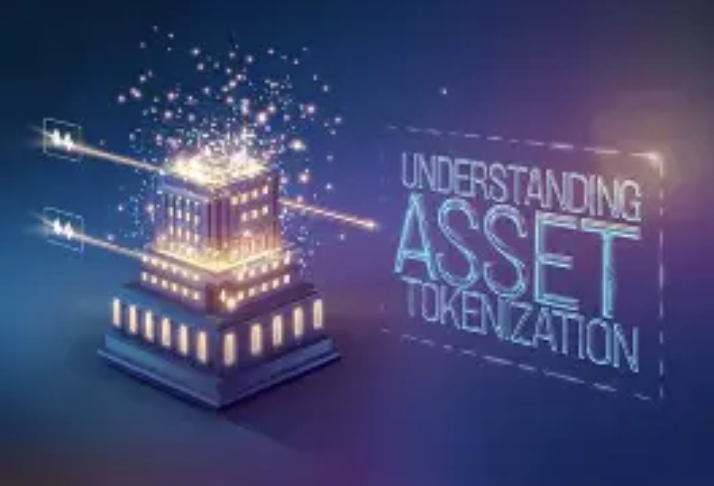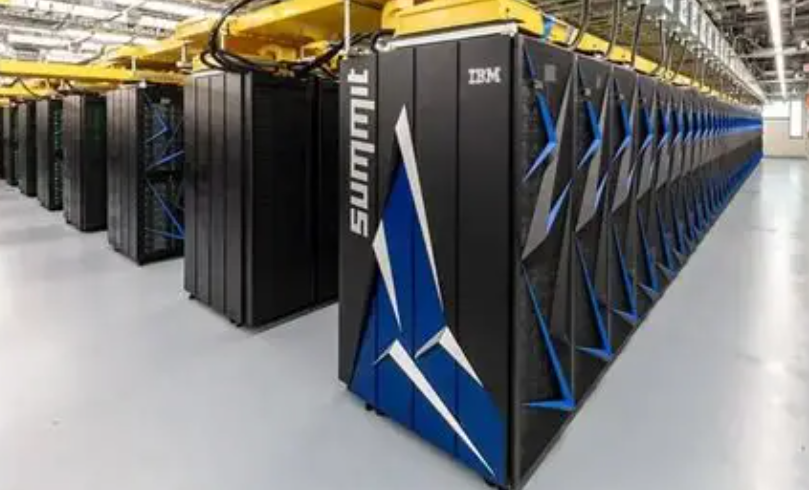Trust, often considered the unseen framework of finance, has historically been managed by intermediaries such as banks, brokers, and institutions that mediate between individuals and their assets. However, the advent of blockchain technology is reshaping this traditional system, ushering in a new age where trust is inherently integrated into each transaction rather than merely being promised. For affluent individuals who prioritize independence and clarity, this transformation isn't merely part of an evolution; it signifies a revolution.

The decentralized ledger of blockchain removes the necessity for intermediaries. When assets are transferred or ownership is confirmed, every action is documented on a network that all participants can access, but that no one person can change. This eliminates the need to wait for bank confirmations or to worry about undisclosed charges. For wealthy investors, this means they can exert direct control over their investment portfolios—whether engaging in trading rare digital items or real estate across borders—while having assurance that their transactions are both secure and clear.
Unlocking Assets through Tokenization
Traditional assets such as high-end art, private equity, and luxury real estate have largely been illiquid, only available to a limited audience. Tokenization through blockchain alters this reality—by breaking down high-value assets into digital tokens that enable fractional ownership to be traded, bought, and sold. Consequently, a magnificent artwork previously held solely by the ultra-wealthy can now be invested in smaller shares, while shares of private companies expand beyond exclusive circles. This democratizes what was once exclusive while preserving the intrinsic value.

Automated Assurance with Smart Contracts
Smart contracts are agreements that execute on their own, with terms encoded in computer language. They automatically activate actions—such as asset release or fund transfers—when certain conditions are fulfilled. For affluent individuals orchestrating intricate estates or business transactions, this provides an assurance against human error and trust violations. For instance, an inheritance plan can be carried out flawlessly at the designated moment, preventing delays in probate, while a consignment of luxury items guarantees payment only once authenticity is confirmed.
International transfers and investments have often been characterized as sluggish, expensive, and unclear. Blockchain eliminates these obstacles. Transactions can be finalized in moments instead of days, with low fees incurred, regardless of where they are conducted worldwide. For investors with a global focus, this enables rapid movement of funds to capitalize on various opportunities— be it investing in a startup based in Singapore or purchasing a vineyard in Tuscany—without being hindered by banking hours or currency exchange challenges.
Privacy Maintained
In contrast to common misconceptions, blockchain offers significant privacy protection. Through advanced cryptographic methods, while transaction specifics are visible, the identities of the users involved remain concealed. For high-net-worth individuals who prioritize confidentiality, this provides a transformative advantage—they can oversee substantial assets without revealing their financial activities to others, achieving a blend of transparency and the privacy that wealth often seeks.

Blockchain represents more than just a technological advancement; it serves as a foundational element for finance—an architecture grounded in trust, independence, and potential. For those willing to adopt this innovation, the future of wealth management is no longer dependent on third parties, but rather is rooted in the code that gives them the power.




